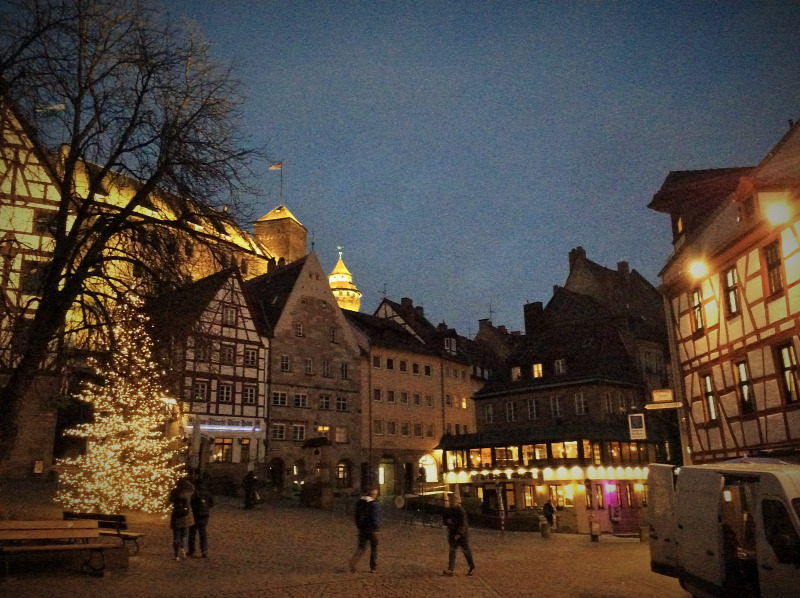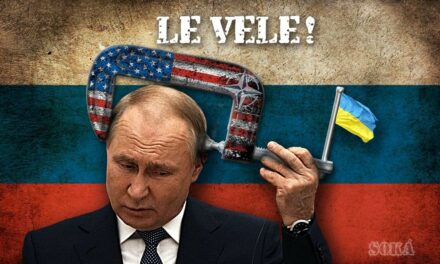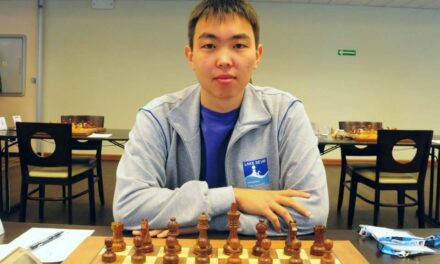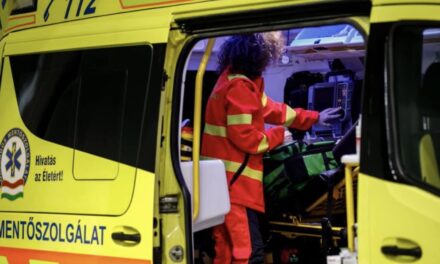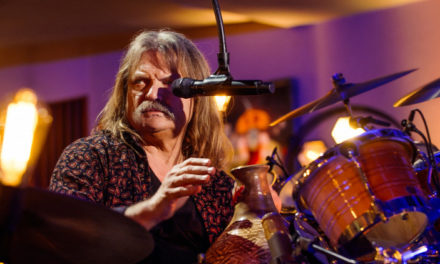As winter approaches, the West is beginning to face one of the most serious consequences of its sanctions against Russia: the energy crisis, the background of which is the voluntary renunciation of Russian gas.
AND THEIR GOVERNMENTS NO LONGER CONCEAL THAT THE POPULATION SHOULD EVEN PREPARE FOR SUCH CIRCUMSTANCES THAT PERHAPS HAVE NOT BEEN PRESENTED SINCE THE WORLD WARS.
After the runaway energy prices, it seems that a much more pressing problem has come to the fore, namely:
WILL THERE BE ENOUGH ENERGY AT ALL?
The ministers responsible for energy affairs of the member states of the European Union therefore accepted the gas saving proposal at the beginning of the week, according to which the member states undertake to reduce gas consumption by 15 percent between August 1 and March 31, 2023, in order to prevent the energy crisis.
Regarding the proposal, Hungary - as the only member state - voted no, and at the same time announced a demand for an additional 700 million cubic meters of Russian gas in Moscow in addition to the contracted gas volume.
THEREFORE, IT APPEARS THAT THE GAS SHORTAGE CANNOT OCCUR IN HUNGARY, HOWEVER, RESTRICTIVE MEASURES HAVE ALREADY BEGIN IN THE WESTERN HALF OF EUROPE.
Federal Economy Minister Robert Habeck does not promise anything good in Germany, according to whom "the situation is serious, it is time for everyone to understand this". During his visit to the Bad Lauchstädt energy park in Saxony-Anhalt, Habeck put it bluntly:
GERMANY IS IN THE MIDDLE OF “THE BIGGEST ENERGY CRISIS OF ALL TIME”.
The news recently came to light that the management of Hanover in Germany has already shut off the hot water in public buildings, swimming pools, sports halls and gyms due to the lack of gas. In order to save energy, fountains in public spaces will soon be shut down, and larger buildings - such as the town hall or museums - will not be illuminated at night.
German economic and energy specialists already see energy saving potential in
IF SOME WORKPLACES SIMPLY LET THEIR EMPLOYEES WORK FROM THEIR HOMES.
According to the panic proposal, by forcing employees to work from home, a lot (according to calculations, 5%) will be saved on the heating and other energy costs of the offices. The fact that this increases the employee's costs is less of a concern for them. Economist Claudia Kemfert also explained to the Funke Mediengruppe that the employer can also save on travel expenses in this way.
The German Federal Ministry of Economic Affairs also presented its vision for offices and agrees that home office options should be expanded in consultation with employers and employees.
The mayor of Munich also announced crisis measures. Office workers will definitely be cold in their offices, because the heating will be turned down to 19 degrees, and corridors and little-used rooms will not be heated at all in the city.
TO PREVENT OUTRAGE OF THE EMPLOYEES, THEY WILL BE AWARE OF ENERGY SAVING IN ADVANCE, WITHIN THE FRAMEWORK OF AN INFORMATIONAL CAMPAIGN.
The lights and fountains of historic buildings are turned off, and the hot water supply to schools is shut off on non-school days. Almost half of Munich's traffic lights are switched off outside of peak traffic hours.
The use of the term "Krisenwinter", i.e. winter of crisis, is spreading not only among Germans, but also in neighboring Austria. In Linz, the capital of Upper Austria, preliminary precautions are being taken regarding the winter weather: according to the plans, the heating will be reduced to 20 degrees in the city's museums, community centers and administrative buildings, and the same may happen later in kindergartens and nursing homes - but "only" in these places in the second step. At 11 p.m., the lights on bridges, churches, concert halls and parks are also switched off.
But network operators and supermarkets are also prepared for power outages - which are a direct consequence of the lack of gas supply - and the Austrian armed forces are also practicing crisis scenarios and deploying against demonstrations.
The Austrian supermarket chain Spar is investigating the plans according to which
IN THE EVENT OF A POWER OUTAGE, IT WOULD DISTRIBUTE A LOW AMOUNT OF FOOD TO THE BUYERS,
and issued a security policy for employees on how to behave in the event of looting, burglary and robbery. One suggestion, for example, is to try to avoid fistfights…
And the Austrian armed forces recently practiced a "terror scenario" in Styria. The basic situation was that
A PEACEFUL DEMONSTRATION TURNS VIOLENT AND TERRORISTS USE IT TO ATTACK.
Meanwhile, the Russian papers are reporting that
EUROPE HAS GIVEN RUSSIA A “SUPER WEAPON” AGAINST ITSELF WITH SANCTIONS.
In our featured image, the lights of the Advent fair in Nuremberg are still shining, was it the last time last year?
Source and full article: Origo
Featured image: TRAVELO

